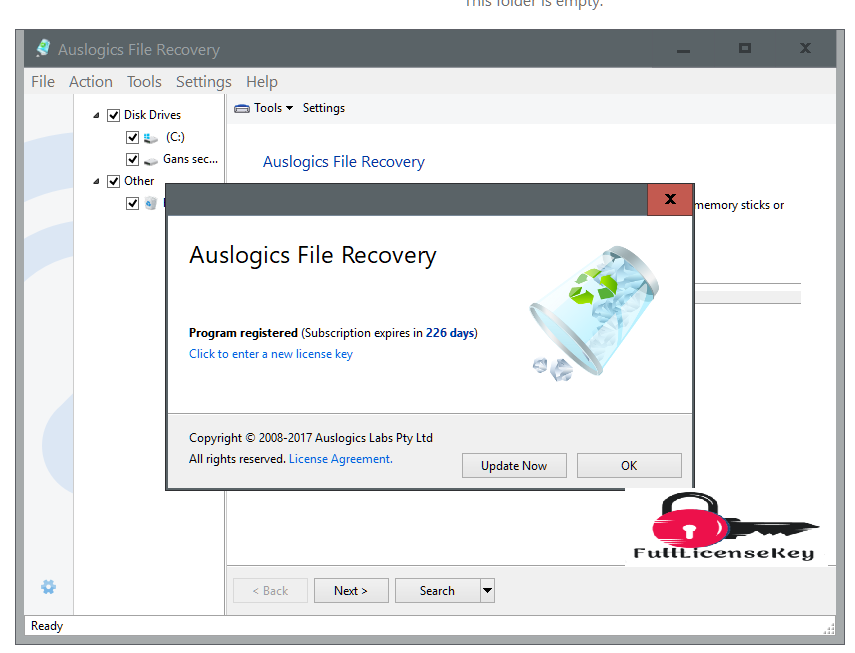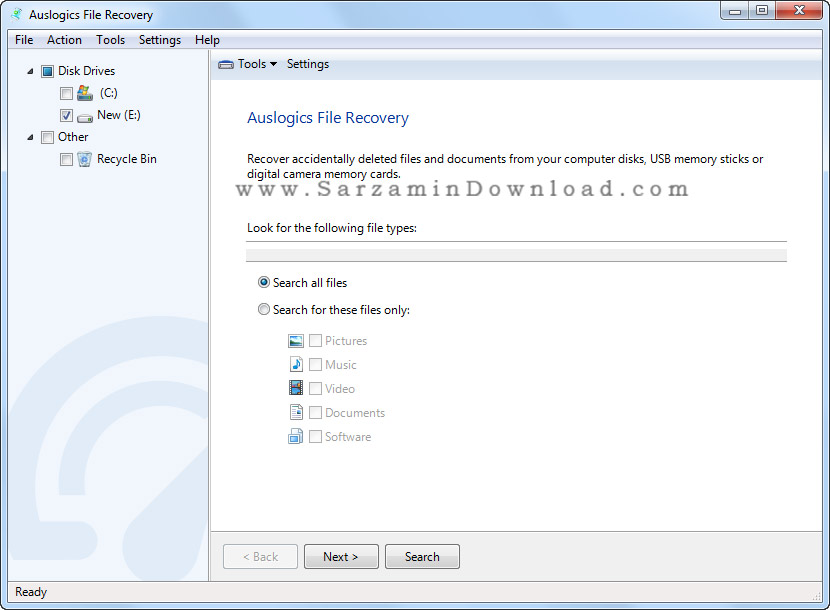



The program overwrites the file's data clusters before deleting the file. However, Zilla Data Nuker makes it virtually impossible to retrieve data from a file. This is used in most of the "Unerase" utilities functions. Now, if those clusters do not get reused for another file, they are vulnerable and can be retrieved by those who know where and how to look for it.Īdding one byte to the directory that was deleted will allow retrieving the entire file that has been deleted. Windows simply marks the file's clusters as available for reuse and marks the file's directory entry as deleted. When a user deletes a file using Windows, the file's data does not actually get deleted from disk. Generally speaking, Windows stores files using two steps: a directory entry and a series of one or more clusters on a disk. This destroys all the bits and pieces of leftover data from deleted files. Shredding a disk's free space ensures that any deleted data stored in unallocated clusters will be completely shredded. As a result, if a user deletes a file near the end of the disk, it might be a long time before those clusters get used again. Windows allocates clusters for new files from one end of the disk and moves towards the other end. This makes it easy for users to take the necessary precautions before deleting any important data. The program comes with many safeguards built-in to warn the user of any potentially dangerous actions. This makes it an ideal solution for users who want to permanently erase sensitive files and folders.īefore using Zilla Data Nuker, users should be sure of the files, folders, and other data that they want to shred. Unlike traditional file deletion methods, Zilla Data Nuker overwrites and destroys the user's data contents to ensure that it cannot be recovered. Zilla Data Nuker is a powerful software program that allows users to securely delete their files, free space, and Recycle Bin contents.


 0 kommentar(er)
0 kommentar(er)
